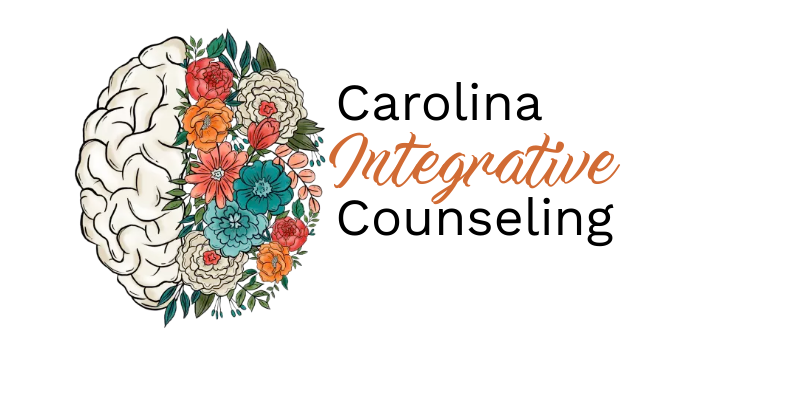The Pitfalls of AI in Mental Health Services: A Critical Analysis
In recent years, the integration of artificial intelligence (AI) in various fields has grown exponentially, including mental health services. While AI offers promising advancements, it also presents significant disadvantages and ethical considerations when used in the context of mental health support. In this blog, we'll delve into some of the key drawbacks of relying solely on AI for mental health services.
Lack of Human Connection:
One of the fundamental aspects of effective mental health care is the human connection between the provider and the individual seeking support. AI, no matter how sophisticated, cannot fully replicate the empathy, understanding, and emotional connection that a human therapist or counselor provides. Many individuals rely on this personal connection to feel heard, validated, and supported in their mental health journey.
Limited Emotional Intelligence:
While AI can analyze data and provide insights based on algorithms, it lacks emotional intelligence. Understanding complex human emotions, nuances in tone, body language, and underlying psychological factors often requires human intuition and empathy. AI may struggle to interpret and respond appropriately to subtle emotional cues, leading to potential misinterpretations or insensitive responses.
Privacy and Data Security Concerns:
AI systems used in mental health services often rely on vast amounts of personal and sensitive data. This raises significant concerns about privacy breaches, data security, and the potential misuse of personal information. Individuals may feel hesitant to fully disclose their thoughts and feelings to AI systems, fearing unauthorized access or data leaks.
Bias and Algorithmic Limitations:
AI algorithms are trained based on existing data, which can lead to biases and limitations. In the context of mental health, biased algorithms may result in inaccurate assessments, misdiagnoses, or recommendations that are not culturally sensitive or inclusive. This can exacerbate existing disparities in mental health care and lead to unequal treatment outcomes.
Dependency and Overreliance:
Relying too heavily on AI for mental health support can create a sense of dependency and overreliance on technology. Individuals may become detached from seeking human support, developing coping skills, or engaging in face-to-face therapeutic interventions. This dependency can hinder long-term resilience and self-management of mental health challenges.
Ethical and Legal Considerations:
The use of AI in mental health services raises complex ethical and legal questions. Who is responsible if an AI system provides harmful advice or fails to recognize a critical mental health crisis? How do we ensure transparency, accountability, and informed consent in AI-driven mental health interventions? These considerations require careful ethical guidelines and regulatory frameworks.
In conclusion, while AI holds promise in augmenting mental health services, it is essential to recognize and address its limitations and potential drawbacks. Integrating AI should complement, not replace, human-centered care, emphasizing the importance of a holistic approach that prioritizes human connection, empathy, ethical considerations, and individual agency in mental health support.


